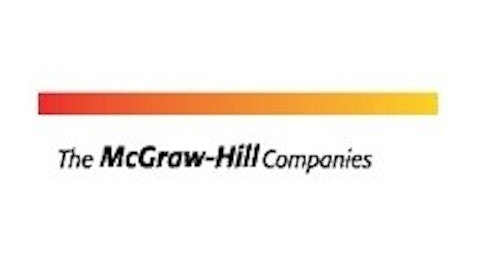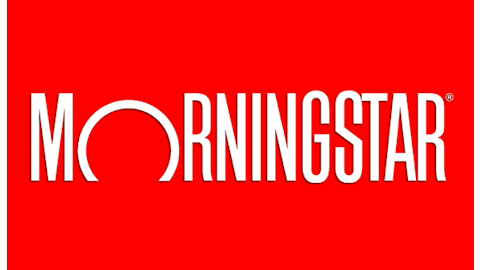The lawsuit alleges that S&P was well aware that the subprime mortgage market was collapsing by 2006, yet it didn’t issue a mass downgrade of subprime-backed securities until halfway through 2007. The mortgages were performing so poorly “that analysts initially thought the data contained typographical errors,” according to one document cited in the lawsuit.
In a 2007 email, another analyst said some at S&P wanted to downgrade mortgage investments earlier, “before this thing started blowing up. But the leadership was concerned of [ticking] off too many clients and jumping the gun ahead of Fitch and Moody’s.”
The government’s case sides with critics of rating agencies who have long argued that the agencies suffer from a fundamental conflict of interest. Because they are paid by the banks that create investments they are rating, the agencies had to compete for banks’ business. If one agency appeared too strict, banks could shop around for a better rating.
The government’s lawsuit says “S&P’s desire for increased revenue and market share … led S&P to downplay and disregard the true extent of the credit risks” posed by the investments it was rating.
S&P typically charged $150,000 for rating a subprime mortgage-backed security and $750,000 for certain other securities. If S&P lost the business to Fitch or Moody’s, its main competitors, the analyst who issued the rating would have to submit a “lost deal” memo explaining why he or she lost the business.
S&P analysts ended up trying to keep banks — its clients — happy, even if it meant approving sloppy ratings, the government said.
The government charged S&P under a law intended to make sure banks invest safely. It said S&P’s alleged fraud made it possible to sell the investments to banks.
If S&P is found to have committed civil violations, it could face fines and limits on how it does business. The government said in its filing that it’s seeking financial penalties.
There are no criminal charges, which would require a higher burden of proof.
McGraw-Hill shares dropped $2.72, or 5.4 percent, to $47.58 in morning trading Tuesday after plunging nearly 14 percent on Monday after the lawsuit was first reported.
Shares of Moody’s, the parent of Moody’s Investors Service, another rating agency, lost $1.05, or 2.2 percent, to $48.40 in morning trading Tuesday after closing down nearly 11 percent on Monday.
The article U.S. Sues S&P Over Pre-Crisis Mortgage Ratings originally appeared on Fool.com and is written by Associated Press.
The Motley Fool recommends Moody’s. The Motley Fool owns shares of The McGraw-Hill Companies (NYSE:MHP).
Copyright © 1995 – 2013 The Motley Fool, LLC. All rights reserved. The Motley Fool has a disclosure policy.





